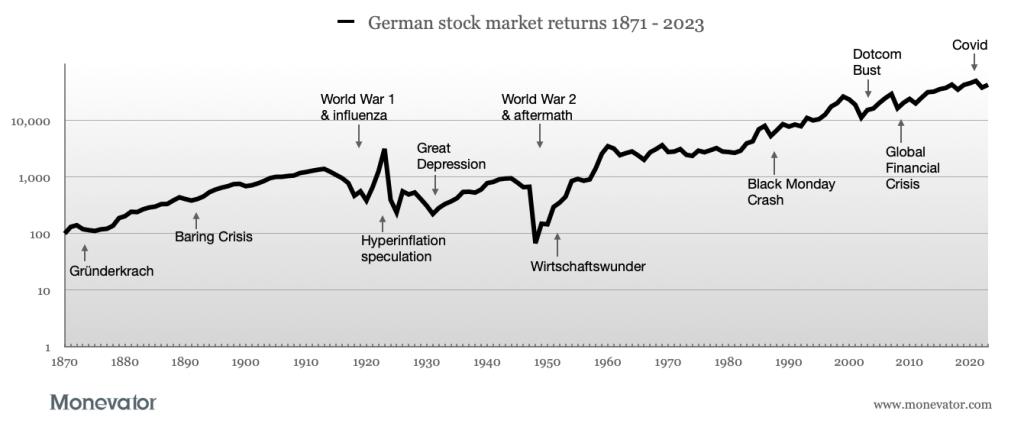
Attention UK investors! You know how we created that massive broker comparison table? Well we’ve gone back to the coalface once more to update it.
Cleaning a swimming pool with a toothbrush would have been more fun. But it would not have produced a quick and easy overview of all the main execution-only investment services.
Investment platforms, stock brokers, call ’em what you will – we’ve stripped ’em down to their undies for you to eyeball over a cup of tea and your favourite tranquillisers.
Who’s the best broker?
It’s impossible to say. There are too many subtle differences in the offers. The UK’s brokers occupy more niches than the mammal family. And while I know which one is best for me, I can’t know which one is right for you.
What we have done is laser focus the comparison onto the most important factor in play: cost.
An execution-only broker is not on this Earth to hold anyone’s hand. Yes, we want their website to work. We’d prefer them to not screw us over, go bust, or send us to the seventh circle of call-centre hell. These things we take for granted.
So customer service metrics are not included in this table. It’s purely a bare-knuckle contest of brute cost for services rendered.
Why should DIY investors flay costs as if they were the tattooed agents of darkness? Because the last thing you need is to leak 1% in management charges. Especially not in light of annual after-inflation expected returns of less than 3% on passive portfolios for the next decade.
This makes picking the best value broker a key battleground for all investors.
Using the table
We’ve decided the main UK brokers fall into three main camps:
Fixed-fee brokers – charge one price for platform services regardless of the size of your assets. In other words, they might charge you £100 per year, whether your portfolio is worth £1,000 or £1 million. Generally, if you’ve got more than £25,000 stashed away then you definitely want to look here. Bear in mind that fixed fee doesn’t mean you won’t also be tapped up for dealing monies and a laundry list of other charges.
Percentage-fee brokers – this is where the wealthy need to be careful. These guys charge a percentage of your assets, say 0.3% per year. For a portfolio of £1,000 that would amount to a fee of £3. On £1 million you’d be paying £3,000. Small investors should generally use percentage-fee brokers. However even surprisingly moderate rollers are better off with fixed fees. Many percentage-fee brokers offer fee caps and tiered charges to limit the damage. But the price advantage still favours the fixed-fee outfits in most cases.
Trading platforms – brokerages that suit investors who want to deal mostly in shares and more exotic securities besides. Think of sites like Interactive Brokers, Degiro, and friends. Beware: don’t imagine zero-commission brokers are giving it away. Their services cost money so they’ll be making up the difference somewhere. Probably in less obvious fees such as spreads.
The table looks complex. But choosing the right broker needn’t be any more painful than ensuring it offers the investments you want and then running a few numbers on your portfolio.
Help us find the best online broker for all of you
The final point you need to know is that this table’s vitality relies on crowd-sourcing.
We review the whole thing every three months. But it can be permanently up-to-date if you contact us or leave a comment every time you find an inaccuracy, fresh information, or a platform you think should be added.
Thanks to your efforts as much as ours, our broker comparison table has become an invaluable resource for UK investors looking to find the best online broker.
Take it steady,
The Accumulator
The post Our updated guide to help you find the best online broker appeared first on Monevator.



